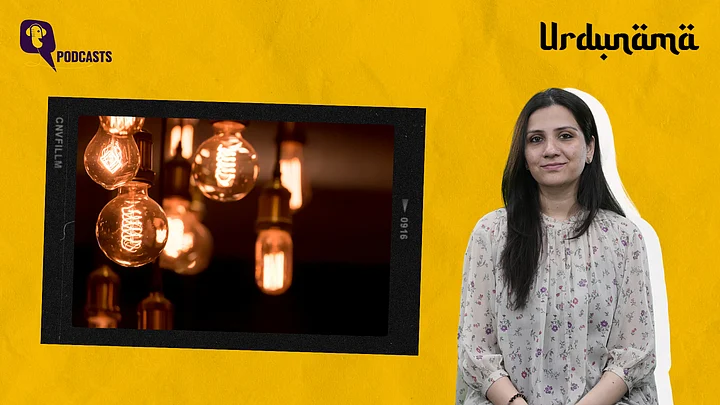In Urdu poetry, roshni, meaning light, is never solitary. It draws its strength and meaning from contrast: from tareeki, the darkness that surrounds it. Whether that darkness comes as doubt, loneliness, or life’s quiet heartbreaks, poets remind us that roshni is most powerful when it emerges from shadow.
Roshni in Urdu verse is not about perfection or the absence of pain. It is about endurance, the courage to hope, to believe, to kindle even a faint glimmer when everything else feels dim. Shakeel Badayuni writes of faith tested by uncertainty. Bashir Badr finds roshni in the morning breeze and the smallest joys. Waseem Barelvi imagines it as a living force, one that moves, spreads, and softens the world wherever it reaches.
This Diwali, as the world glows in lamps and colors, Urdunama invites you to look inward. To stop searching for light outside, and instead, become roshni yourself.
Tune in to this episode of Urdunama, where Fabeha Syed explores how Urdu poets turn roshni into a metaphor for hope, humanity, and the luminous strength of the soul.
